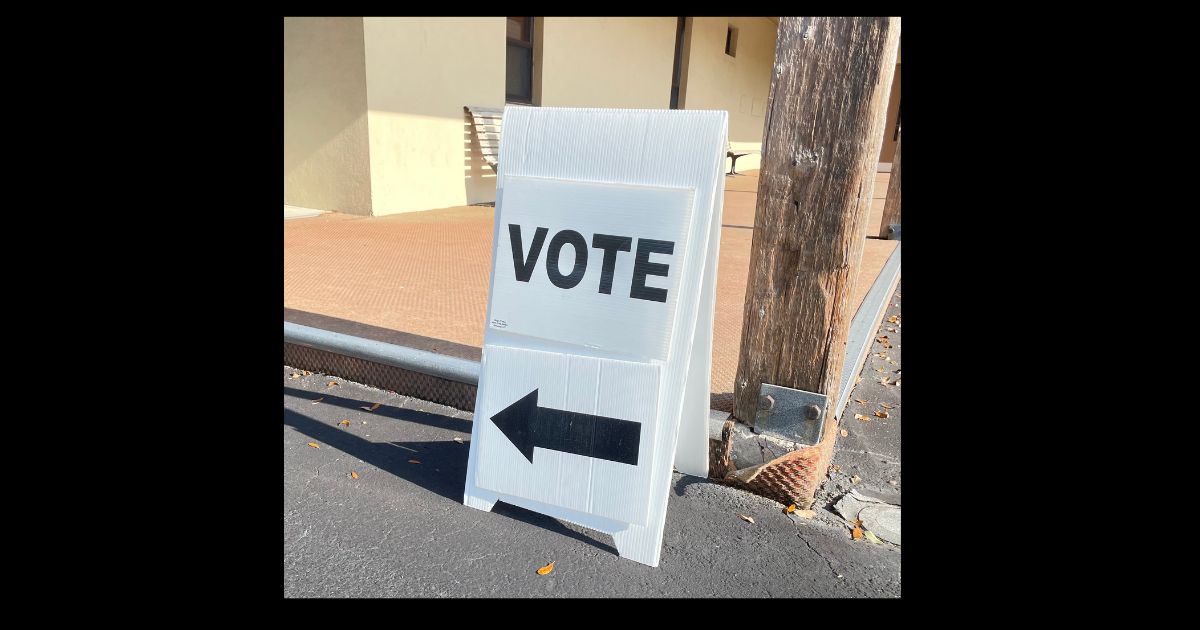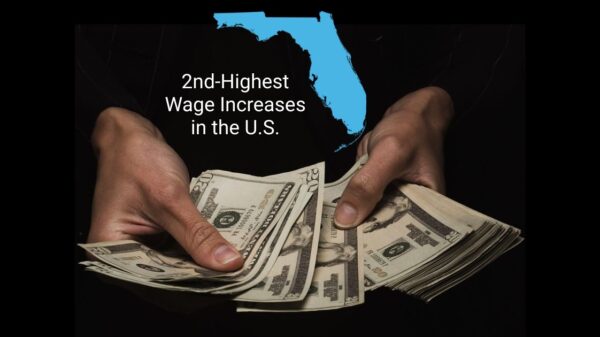The state is now issuing new guidelines to see if certain felons can vote.
Following a federal lawsuit, election officers will offer “advisory opinions,” which will be applied to determine whether those convicted of felony crimes can vote.
Before felons can obtain their voting rights, state officials will oversee finalizing their sentencing terms, including all their financial agreements for restitution.
The difference now is that the state could take its time on an individual’s case, but with the new rules, a felon’s request may see an answer within 90 days.
Government paperwork will also be reduced to a one-page form, where felons can request “advisory opinions” from state legal counsel for a final decision.
In 2019, Gov. DeSantis and the state lawmakers moved forward with new legislation restoring felons’ voting rights “upon completion of all terms of their sentence, including parole or probation.” The legislation also required felons to pay “legal financial obligations,” which included court costs such as fines and fees.
This law does not apply to those convicted of murder or felony sexual offenses.
Local election officials in the state say their workload has increased, and tracking down court-related documents has become time-consuming.
Leon County Supervisor of Elections Mark Earley stated that there is a ” backlog of people” who are unsure about their voting rights.
Florida’s laws about the eligibility for restoring voting rights are in the state’s constitution.
A felony conviction in Florida for murder or a sexual offense makes a person ineligible to vote in Florida unless and until the State Clemency Board restores the person’s right to vote.
For any other felony conviction in Florida, a person is eligible to register and vote if the person has completed all terms of his or her sentence. Completion of the sentence means:
Prison or jail time; Parole, probation, or other forms of supervision; and
Payment of all fines, fees, costs, and restitution ordered as part of the felony sentence.
Note: Such a person may alternatively apply to have his or her right to vote restored by the State Clemency Board.























